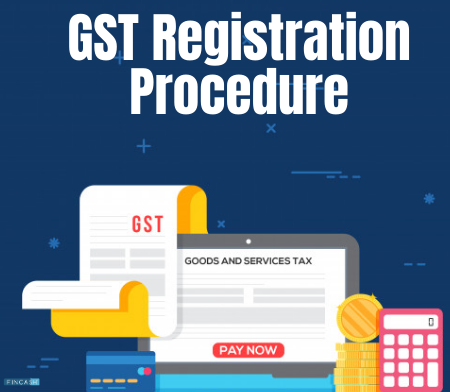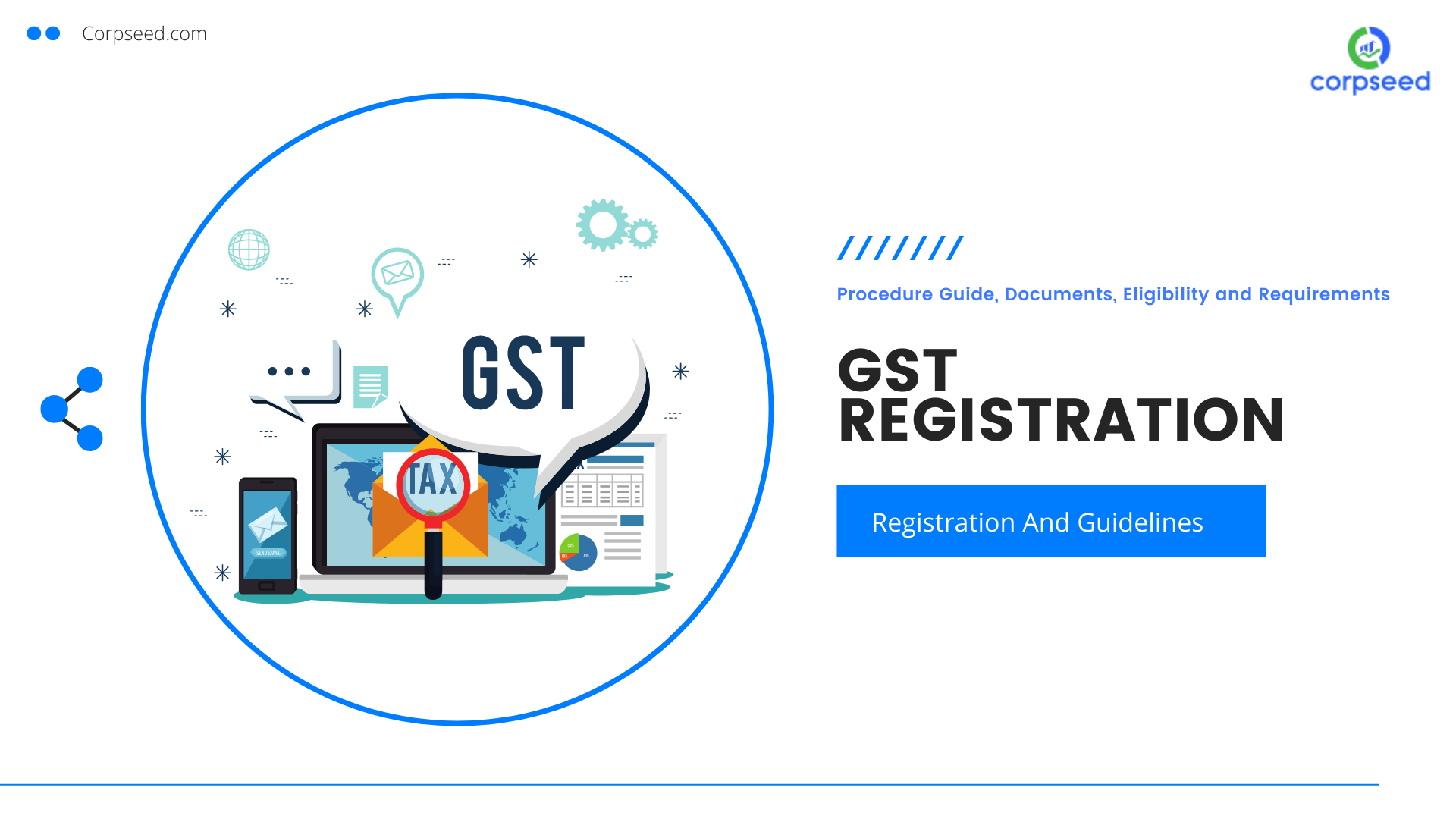Throughout: A Thorough Overview of GST Enrollment and How to Efficiently Register Your Service
Navigating through the complex process of GST registration can be an important action for any service wanting to develop compliance and legitimacy in the marketplace. Why choose CFO Account & Services for GST registration in Singapore. From understanding the essential principles of GST to satisfying the qualification criteria and gathering the necessary paperwork, the trip towards successful enrollment can often look like a difficult job. However, with the ideal advice and insights, services can streamline this process and unlock the advantages that feature being a registered entity.
Comprehending GST and Its Value
Understanding the Goods and Provider Tax Obligation (GST) and its value is crucial for organizations operating in economies where this tax system is implemented. By permitting services to claim input tax obligation credit ratings on the tax paid on acquisitions, GST ensures that taxes are calculated only on the worth included at each stage of the supply chain.
Furthermore, GST advertises compliance and transparency in the tax obligation program, minimizing tax obligation evasion and raising federal government profits. It streamlines tax obligation administration and conformity for companies by offering an usual platform for tax obligation filing and settlement. Overall, an extensive understanding of GST is essential for organizations to efficiently browse the intricacies of the tax system and ensure compliance with the regulation.
Eligibility Requirements for GST Enrollment
To register for GST, companies must satisfy certain qualification criteria detailed by the tax obligation authorities. The main demand for GST enrollment is that business's accumulated turn over exceeds the threshold established by the government, which differs by state. Since the existing guidelines, services with a yearly turnover of Rs. 40 lakhs or even more in the majority of states need to sign up for GST. For services running in hilly regions and northeastern states, the threshold is Rs. 20 lakhs. Furthermore, particular businesses, such as those entailed in inter-state supply of services or items, laid-back taxable individuals, and non-resident taxed individuals, are called for to sign up for GST no matter their turnover.
In addition, organizations associated with providing goods or solutions via ecommerce platforms are additionally mandated to register for GST, regardless of their turn over. In addition, organizations that were registered under the previous tax regime, such as barrel, import tax task, or service tax, have to shift their enrollment to GST. Sticking to these eligibility standards is important for businesses looking for to abide by the GST regulations and avoid any fines for non-compliance.
Papers Required for GST Enrollment
Moreover, records verifying the identity and address of the marketers or companions included in the service, such as frying pan card, Aadhaar card, or key, are necessary for GST enrollment. Bank account declarations or canceled cheques presenting the name of the company, account, and address number are also compulsory to confirm the financial institution account information provided throughout registration.
Ensuring all the necessary documents remain in order and easily visit this web-site offered will enhance the GST registration procedure and help companies avoid delays or difficulties.
Online Enrollment Refine for GST

After finishing the type, sustaining files need to be uploaded based on the standards offered. These records typically consist of proof of organization registration, address evidence, bank declarations, and identity proof of the company proprietor. It is vital to ensure that all records are clear, legitimate, and submitted in the defined format to stay clear of delays in continue reading this the registration process.
As soon as the application and documents are submitted, organizations can track the status of their GST enrollment online. If there are no concerns or added info called for, the GST registration certificate will be released online, marking the effective conclusion of the online registration process.
Post-Registration Conformity and Tips

Additionally, organizations have to see this website preserve proper publications of accounts, including billings, accounting records, and monetary statements, to support the info supplied in GST returns. Routine audits and settlements must be carried out to make sure information accuracy and conformity with GST regulations. Businesses should remain upgraded on any kind of modifications in GST guidelines, rates, or conformity treatments to make required adjustments without delay. Looking for specialist aid from tax professionals or accounting professionals can likewise assist services navigate complicated GST compliance needs successfully. By staying alert and proactive in post-registration conformity, companies can stay clear of charges, maintain great standing with tax authorities, and foster functional effectiveness.
Verdict
Finally, the procedure of GST registration is important for businesses to adhere to tax obligation laws and operate lawfully. By recognizing the eligibility standards, gathering the needed records, and completing the on the internet enrollment process, organizations can successfully register for GST. It is essential to remain compliant with post-registration demands and look for professional assistance when required to ensure smooth operations.
Companies that were signed up under the previous tax obligation program, such as Barrel, excise duty, or solution tax obligation, must shift their registration to GST. The essential papers needed for GST enrollment consist of evidence of service enrollment or consolidation such as the Certification of Consolidation, partnership deed, or registration certificate.Upon successful conclusion of the GST enrollment procedure, companies need to quickly adhere to post-registration compliance requirements to keep governing compliance and guarantee smooth operations.In verdict, the procedure of GST enrollment is necessary for services to conform with tax policies and operate legitimately. By recognizing the eligibility criteria, collecting the needed documents, and completing the on the internet enrollment process, organizations can effectively register for GST.
Comments on “Discover Why CFO Account & Services is Your Ideal Selection for GST Registration in Singapore”